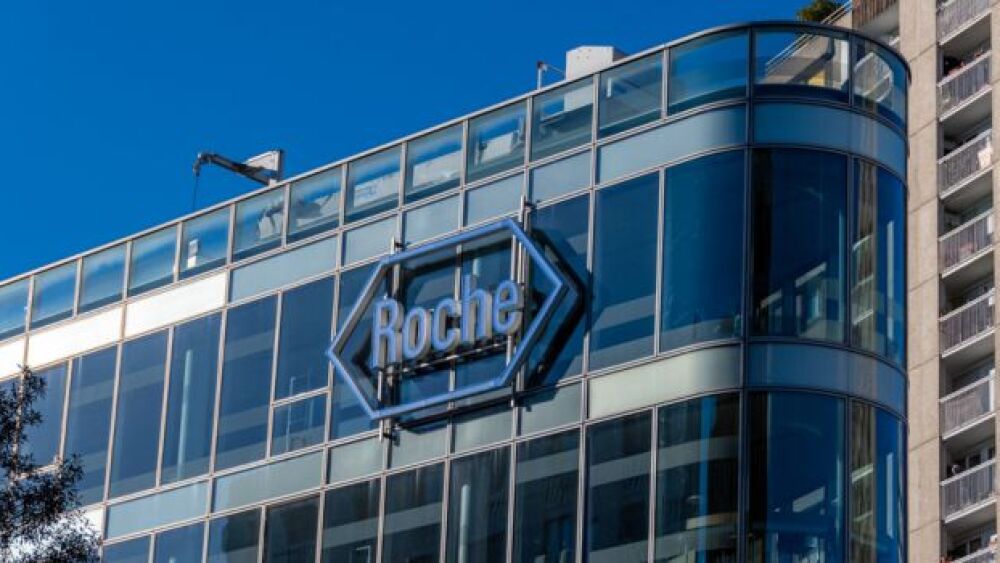VALENCIA, Calif., Nov. 5 /PRNewswire-FirstCall/ -- MannKind Corporation today announced results from a Phase 1a clinical evaluation of MKC253, a formulation of GLP-1 (glucagon-like peptide) on Technosphere particles that is delivered using the Company’s proprietary inhaler. The study was designed as an open-label, dose escalation, controlled safety and tolerability trial, involving 26 healthy, adult, male subjects. Each subject was assigned to one of five dose levels of MKC253 inhalation powder: 0.05 mg, 0.45 mg, 0.75 mg, 1.05 mg or 1.5 mg.
The primary objective of the trial was to evaluate the tolerability of ascending doses of the investigational product as determined by the incidence and severity of reported adverse events. Secondary endpoints included pharmacokinetic parameters of plasma GLP-1 and pharmacodynamic parameters of plasma insulin and glucose.
GLP-1 plasma concentrations peaked very quickly, with a mean Tmax occurring less than 3 minutes after inhalation. In the group that received 1.5 mg of MKC253, the mean Cmax of total GLP-1 was 507 pmol/L, with active GLP-1 reaching a Cmax of 310 pmol/L. At all dose levels, MKC253 was well tolerated. Even in subjects that achieved plasma GLP-1 concentrations in excess of 100 pmol/L, the nausea and vomiting characteristically associated with such levels was not observed.
In these healthy subjects, GLP-1-induced insulin release occurred within 6 minutes of inhalation of MKC253. The insulin response was dose-dependent. The release of insulin from the pancreas was confirmed by corresponding significant increases in the levels of C-peptide. In subjects that received 1.5 mg of MKC253, blood glucose concentrations were observed to decrease for a period of approximately 20 minutes after inhalation. All subjects were fasted prior to the administration of MKC253.
A greater proportion of the GLP-1 inhaled as MKC253 remained intact during the period following administration than has been described in the literature following subcutaneous or intravenous injection of GLP-1. In this study, doses of 1.05 mg and 1.5 mg of MKC253 produced a ratio of active-to-total GLP- 1 of approximately 67% whereas ratios of 20 - 33% have been reported following intravenous administration of GLP-1.
“Our hypothesis at present is that delivery of active GLP-1 to the arterial circulation via the lung avoids much of the degradation by dipeptidyl peptidase-4 that occurs prior to the compound reaching the primary site of endocrine action. Thus, we may be able to achieve a different response profile with pulmonary MCK253 than that seen with subcutaneous or intravenous administration of GLP-1. Moreover, the pulsatile administration of MKC253 achieved with our proprietary Technosphere delivery technology appears to avoid the dose-limiting vomiting characteristically associated with GLP-1 and replaces a physiological response lost in patients with diabetes that cannot be replicated by other forms of GLP-1,” said Dr. Peter Richardson, Corporate Vice President and Chief Scientific Officer. “As well, with pulsatile delivery, we may potentially avoid unusual adverse effects such as the acute pancreatitis that has been described with presently marketed GLP analogues.”
“We believe that MKC253 represents a novel approach to the use of GLP-1 as a prandial therapy for diabetes either alone, or in combination with prandial insulin. In addition, if we are able to demonstrate the same weight reduction or satiety effects seen with long-acting analogues of native GLP, MKC253 may have therapeutic potential in obesity. At present, this indication for GLP-1 is currently limited by the need to administer peptide hormones by injection. The results of this trial, although preliminary, indicate once again that utilizing the Technosphere platform to deliver a metabolically important peptide in a manner that produces a unique time-action profile can potentially transform the therapeutic paradigm for a significant disease.”
About MannKind Corporation
MannKind Corporation focuses on the discovery, development and commercialization of therapeutic products for patients with diseases such as diabetes and cancer. Its lead product, the Technosphere(R) Insulin System, is currently in phase 3 clinical trials in the United States, Europe and Latin America to study its safety and efficacy in the treatment of diabetes. For more information on MannKind Corporation and its technology, visit http://www.mannkindcorp.com.
Forward-Looking Statements
This press release contains forward-looking statements, including statements related to MKC253 and MannKind’s Technosphere platform. Words such as “believes”, “anticipates”, “plans”, “expects”, “intend”, “will”, “goal”, “potential” and similar expressions are intended to identify forward-looking statements. These forward-looking statements are based upon MannKind’s current expectations and involve risks and uncertainties. Actual results and the timing of events could differ materially from those anticipated in such forward-looking statements as a result of these risks and uncertainties, which include, without limitation, risks related to the progress, timing and results of clinical trials, difficulties or delays in seeking or obtaining regulatory approval, MannKind’s ability to enter into any collaborations or strategic partnerships, MannKind’s ability to raise additional financing and other risks detailed in MannKind’s filings with the Securities and Exchange Commission, including the Annual Report on Form 10-K for the year ended December 31, 2006 and periodic reports on Form 10-Q and Form 8-K. You are cautioned not to place undue reliance on these forward-looking statements, which speak only as of the date of this press release. All forward-looking statements are qualified in their entirety by this cautionary statement, and MannKind undertakes no obligation to revise or update any forward-looking statements to reflect events or circumstances after the date of this news release.
CONTACT: Dr. Peter Richardson, MannKind Corporation, Chief Scientific
Officer, +1-201-983-5064, prichardson@mannkindcorp.com
Web site: http://www.mannkindcorp.com/




